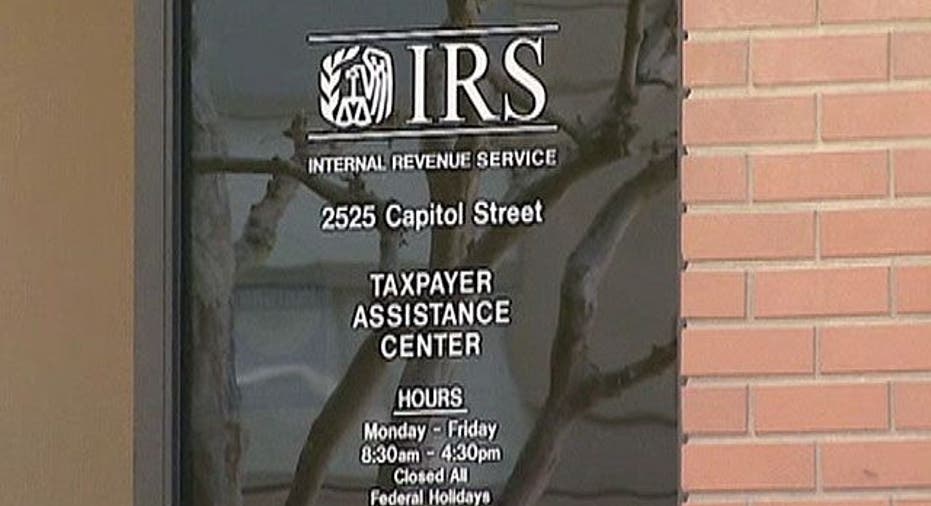What Auditors Look for When Examining Meals, Travel, and Entertainment Deductions

If you’re currently under audit, pay attention. If you never want to face an audit, pay attention. There are easy steps small business owners can take with their internal controls to audit-proof their business’ books.
Favorite areas that auditors like to explore are meals, travel, and entertainment expense because most people don’t know the rules for these deductions and there is widespread abuse in these areas . An examiner can pretty much guarantee a tax income stream from disallowing expenses in these categories.
Travel
The auditor will look primarily at two factors:
- Are the spouse and family included on the trip?
- Is it personal travel (particularly out of the United States) or is it really for business?
When the auditor sits down to work on your tax return, he will look to see if there is a line item for travel on your business schedule. If there isn’t, he will check to see if you included travel expenses under a different category. After all, savvy taxpayers may believe their audit risk will be lower if they list their travel expenses under a different category. An auditor may become suspicious if an otherwise knowledgeable taxpayer has listed travel as promotion or in some other semi-obscure grouping.
Tax Tip No. 1: Call a spade a spade. If it’s travel, list it as such; trying to hide it will only raise eyebrows at the IRS.
The auditor will also look at three other factors:
- Is it an ordinary and necessary business expense?
- Was the expense incurred in pursuit of a trade or business?
- Was the expense incurred while away from home (tax home)?
Check out page 3 of Publication 463 for a definition of Tax Home. Your tax home is generally considered to be located at, or in the vicinity of your regular or principal place of business. But this can be a sticky wicket especially if you have more than one place of business or say, you are bi-coastal.
Tax Tip No. 2: You need to provide more than just your credit card statement to justify travel expenses, especially if your family goes with you. There must be a proper allocation of expenses between business and personal and there must be satisfactory evidence of business purpose. You cannot deduct expenses for your spouse unless the spouse is a bona fide employee of your company.
Meals and Entertainment
The auditor is trained to look at the following four factors:
- Business purpose with an eye to reclassifying as a personal expense
- Is the applicable percentage limitation applied (currently 50%)
- Travel status meals/entertainment should be limited if not being reimbursed by client
- Meals and entertainment in non-travel status
Once again, if no meals or entertainment are listed on the tax return, the auditor will comb through other areas of the return to determine if there has been a misclassification and if so, if the 50% limitation has been applied. Meals provided to employees for the convenience of the employer are 100% deductible and not subject to the limit – these can be listed perhaps under fringe benefits rather than meals and entertainment expense. Or meals and entertainment provided to the general public are 100% deductible and can be listed under promotion without raising suspicion.
For the remainder, the auditor will check to make sure there is substantial business discussion and that the expense is directly related or associated with the active conduct of business.
Naturally, the auditor will want to see receipts or a journal or appointment book indicating time, place, and amount of the deduction. He will also interview you about the substance of the discussion that took place to determine if there is a valid business intent.
Bonnie Lee is an Enrolled Agent admitted to practice and representing taxpayers in all fifty states at all levels within the Internal Revenue Service. She is the owner of Taxpertise in Sonoma, CA and the author of Entrepreneur Press book, “Taxpertise, The Complete Book of Dirty Little Secrets and Hidden Deductions for Small Business that the IRS Doesn't Want You to Know.” Follow Bonnie Lee on Twitterat BLTaxpertise and at Facebook.



















